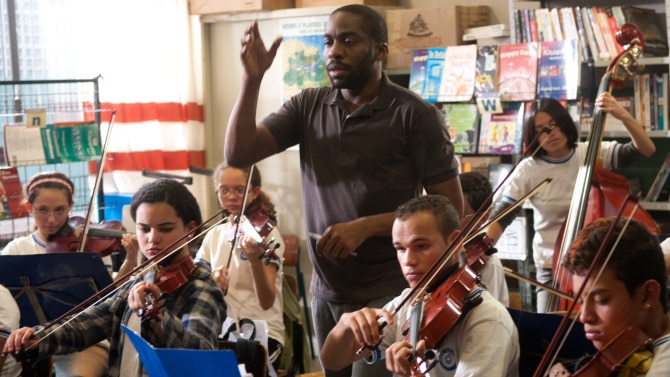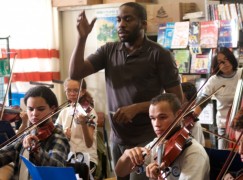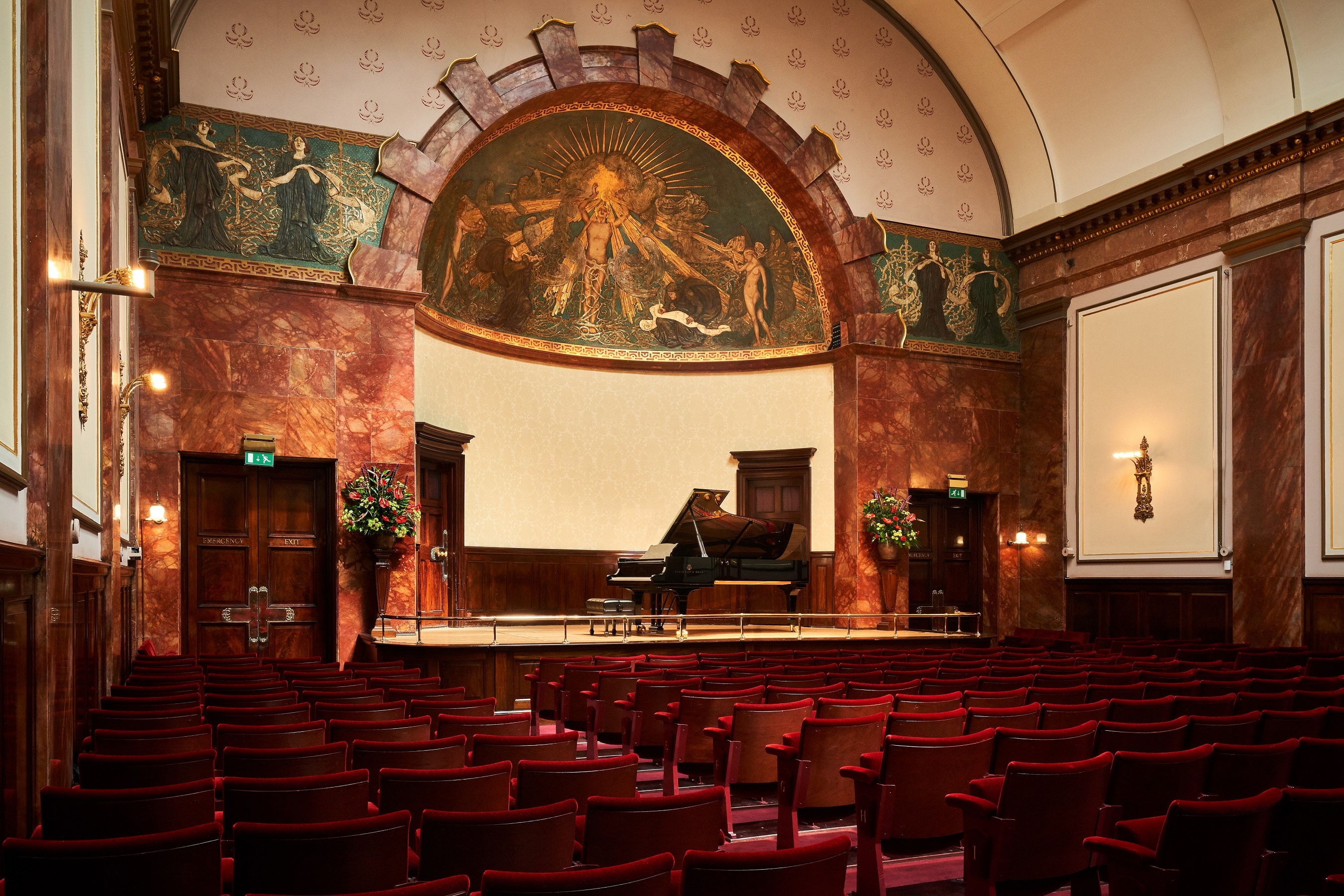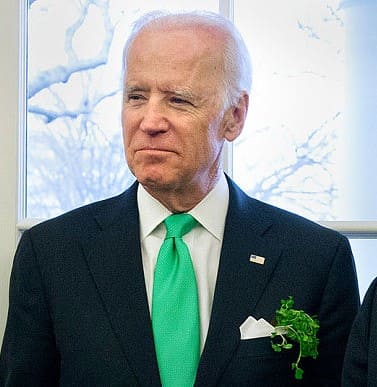UK academics call new music curriculum ‘undemocratic’
mainAbout two dozen education academics delivered a letter to the Department of Education today, claiming that the new music curriculum lacks expert input and a democratic mandate.
Their main concerns:
· The curriculum bypasses the Expert Subject Advisory Group for Music
· There is a worrying lack of pedagogic knowledge on the new panel of experts
· There may be a conflict of interests of panel members linked to music services/hubs likely to receive additional funding from this process
Stand by for much wrangling. Here’s the letter. You read it here first.
22nd January 2019
To whom it may concern
We are writing this open letter to you in relation to the recent announcement from the Department for Education that a ‘model curriculum for music’ is to be prepared by an expert panel for release this summer.
You may be aware that the current National Curriculum for Music, published in 2013, was developed and consulted upon widely before it was introduced. This document underwent expert and comprehensive peer review from across the music education community before implementation, particularly benefitting from the pedagogic expertise of many teachers and those working in primary and secondary initial teacher education. It is deeply concerning that a model curriculum could be perceived as replacing the National Curriculum, thus ousting something that has been subject to a democratic process with one which has not.
To our knowledge, there is no research highlighting any issue with the National Curriculum for Music document or its content. Therefore, it is intriguing to hear that the Department for Education intends to introduce a ‘model curriculum’. We ask you to share the research demonstrating that this proposed model curriculum is necessary. We are also keen to hear about any examples you have seen where producing a model curriculum of this sort has resulted in significant improvement in educational outcomes for pupils in music.
In order to support the implementation of the current National Curriculum, the Department for Education set up an Expert Subject Advisory Group for every subject, including music. As directed, this group was “representative of a broad range of stakeholders from across the education sector”, bringing together expert teachers from across the spectrum of primary, secondary and special schools with pedagogic experts from higher education; specifically, including initial teacher educators and teachers with significant experience in teaching, assessment and curriculum development. We are curious as to why none of these people have been invited to contribute to this particular project.
We also note with some concern that the Department for Education has recently appointed a new ‘independent panel of experts’ to create this model curriculum and are concerned that the constitution of the group does not hold sufficient pedagogic knowledge to successfully complete this task in a way that will make a positive difference to music education in our state-funded schools. Music education in the curriculum is the responsibility of schools, not music education hubs; the expertise in this area lies with expert teachers and those working in initial teacher education and schools.
Finally, we have concerns about the obvious conflict of interest between panel members who work for music services or music education hubs – the very recipients of Arts Council England funding that is flowing from these initiatives, as well as others involved with Arts Council funded work. We would question their independence as well as the limitations in their pedagogical knowledge in this curriculum context.
In the interests of transparency, we are writing to ask you to supply further details about the way in which the panel members were selected and the criteria applied for their appointment.
Yours sincerely
Dr Anthony Anderson Research Assistant in Music Education, Birmingham City University (Chair of Expert Subject Advisory Group for Music 2014)
Keith Armstrong Lecturer in Education, Teach First Music Subject Lead, UCL Institute of Education, London
Ruth Atkinson Lecturer in Music Education, Plymouth Institute of Education, University of Plymouth
Ian Axtell Course Director: Professional Development for Educators, Birmingham City University
Dr Rebecca Berkley Lecturer in Music Education, Institute of Education, University of Reading
Susan Bisatt Primary Music Tutor, Faculty of Education, Manchester Metropolitan University
Professor Tim Cain Professor of Education, Faculty of Education, Edge Hill University
Dr Christopher Dalladay Senior Lecturer in Music Education, The Cass School of Education and Communities, The University of East London
Dr Ally Daubney Senior Teaching Fellow, School of Education and Social Work, University of Sussex
William Evans Senior Lecturer in Music Education, Faculty of Education, Manchester Metropolitan University
John Finney Former Senior Lecturer in Music Education, Faculty of Education, University of Cambridge
Dr Marina Gall Senior Lecturer in Education (Music), School of Education, University of Bristol
Clive Grant Lecturer in Music Education, Institute of Education, University of Reading
Dylan Gwyer-Roberts PGCE Secondary Programme Leader, Institute for Education, Bath Spa University
Sarah Hennessy Honorary Fellow (Senior Lecturer 1990-2016), University of Exeter
Fiona Hunt Primary PGCE Programme Leader and Music Lead, Institute for Education, Bath Spa University
Kate Laurence Lecturer in Education, UCL Institute of Education, London
Kelly Davey Nicklin PGCE Programme Leader and Subject Leader for Music, Birmingham City University
Duncan Mackrill Senior Teaching Fellow, School of Education and Social Work, University of Sussex
Chris Philpott Reader in Music Education, University of Greenwich
Kip Pratt Lecturer in Music Education, Plymouth Institute of Education, University of Plymouth
Jayne Price Head of Division, Department of Initial Teacher Education, University of Huddersfield
Susannah Robert Senior Lecturer in Primary Education – Music and Drama, Institute of Education, St. Mary’s University
Dr Hermione Ruck Keene Associate Lecturer ITE/Music Education, University of Exeter
Dr Jonathan Savage Reader in Education, Faculty of Education, Manchester Metropolitan University (Chair of Expert Subject Advisory Group for Music 2013)
Gary Spruce Visiting Lecturer in Music Education, Birmingham City University
Dr Ian Shirley Senior Lecturer in Primary Music Education, Faculty of Education, Edge Hill University
Dr Mary Stakelum Head of Postgraduate Programmes / Director of Research, Institute for Education, Bath Spa University
David Wheway Senior Lecturer, Canterbury Christ Church University (Chair of Expert Subject Advisory Group for Music from 2015 onwards)
Vanessa Young Senior Lecturer, Canterbury Christ Church University







Comments